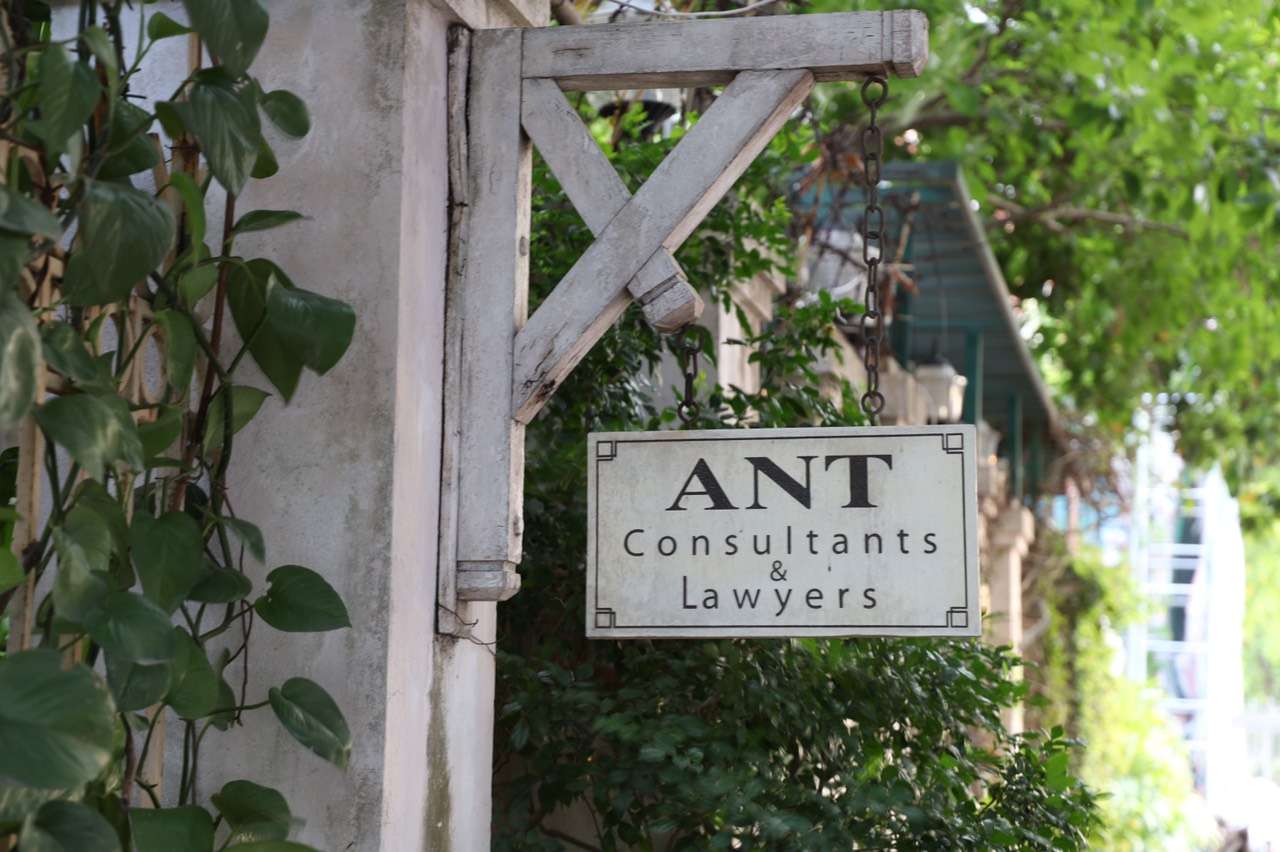What to Know about Business Registration Certificate in Vietnam?
A company's business registration certificate, which can be printed on paper or electronically and contains information about the company's registration with the Business Registration Authority, is regarded as a legal document.
The principal contents of a business registration certificate in Vietnam must comply with the provisions of the Law on Enterprises: Name and number of the company; Address of the company's principal place of business; For the legal representative of limited liability companies and joint stock companies, full name, contact address, nationality, and number of legal documents; for a partnership company's general partners; for proprietors of private businesses. Name, contact information, nationality, and the number of legal documents held by the member, if any; for limited liability companies, the member's name, enterprise identification number, and head office address; Sanction capital for organizations, speculation capital for private endeavors.
Which means that the company's name must be a Vietnamese name with two parts: the kind of business and the proper name. Currently, four types of businesses are recognized in Vietnam: partnerships, limited liability companies, joint stock companies, and private businesses The Vietnamese letters F, J, Z, and W, as well as numbers and symbols, can be used to write the company's proper name. The National Information System on Business Registration created a series of numbers that are recorded on the Certificate of Business Registration. These numbers are given to a company when it is first established and are included in the enterprise code element. There is only one code that is unique to each business, and that code will not be used by other businesses.
The Vietnam Business Registration Office, the postal service, or the electronic information network are all options for completing the business registration process. The founder of the business must apply through the National Enterprise Registration Portal if they choose electronic information network registration. Electronic business registration documents have the same legal weight as paper business registration documents and will be presented.
Within three working days of receiving the application, the business registration agency is responsible for validating the enterprise registration dossier and issuing the business registration certificate. The company's founder must be informed in writing by the business registration agency of any content that needs to be amended or added if the application is inadequate or not prepared in accordance with the regulations. The founder of the business must be informed in writing and given specific reasons by the business registration authority if it declines to register the business. The business could make its own submissions or hire business lawyers in law firm in Vietnam to help with them.





.jpg)
.jpg)
.jpg)
.jpg)
.jpg)









.jpg)
.jpg)
.jpg)

.jpg)
.jpg)


